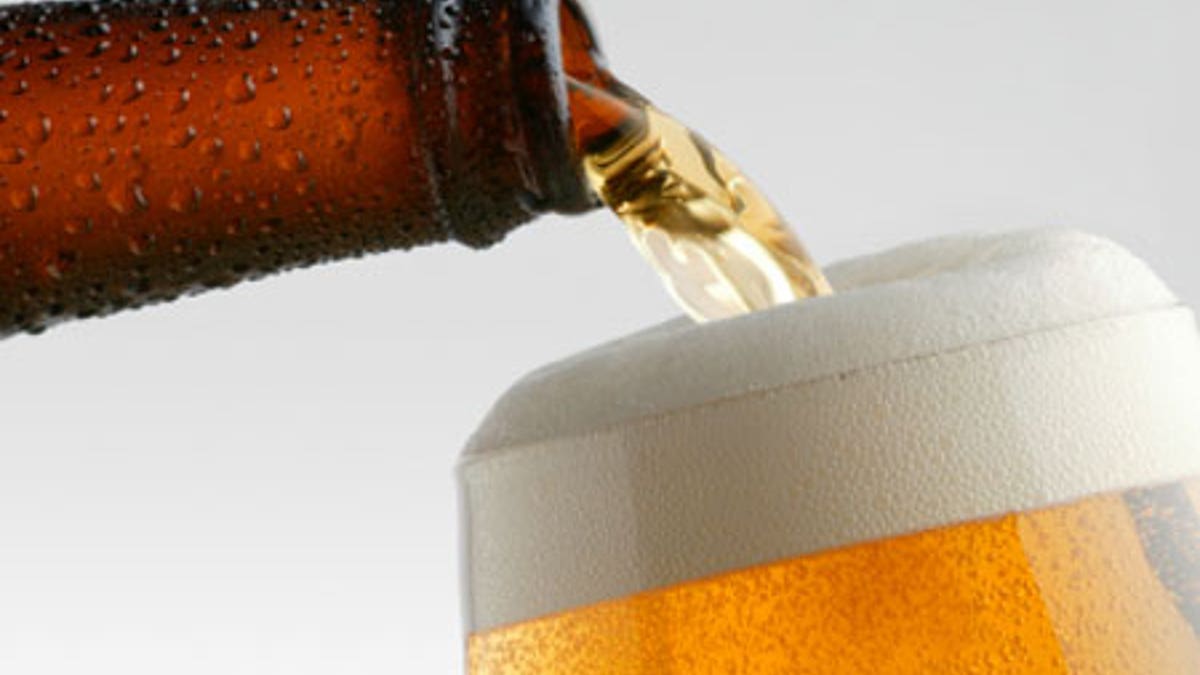
A new test can determine with high accuracy which teenagers will grow up to become binge drinkers, Medical Daily reported.
In a new study published in the journal Nature, researchers from the University of Vermont analyzed the brains and genes of thousands of teenagers, coming up with the critical signs that predict such drinking behavior later in life. The indicators predicted binge drinking in teenagers with 70 percent accuracy.
"Our goal was to develop a model to better understand the relative roles of brain structure and function, personality, environmental influences and genetics in the development of adolescent abuse of alcohol," lead author Dr. Robert Whelan, a former University of Vermont (UVM) postdoctoral fellow in psychiatry, said in a press release. "This multidimensional risk profile of genes, brain function, and environmental influences can help in the prediction of binge drinking at age 16 years."
The researchers followed 2,400 European teenagers for five years, from when they were 14 years old until they were 19 years old. At the study’s onset, each teen took a 10-hour comprehensive assessment exam to evaluate his or her brain activity and structure. The researchers also administered IQ tests, personality assessments, blood tests and gene analysis, cataloging numerous variables that could lead to binge drinking.
At 16 years old, each teen underwent a follow up test; the researchers determined that the ones who engaged in binge drinking by this age had reduced grey matter in their brains, as well as greater activity in the frontal gyrus, which indicated an increased response to receiving gratification.
These results showed that such variables were able to predict alcohol abuse long before the study’s age 19 endpoint.
"We aimed to develop a 'gold standard' model for predicting teenage behavior that can be used as a benchmark for the development of simpler, widely applicable prediction models. This work will inform the development of specific early interventions in carriers of the risk profile to reduce the incidence of adolescent substance abuse," said co-author Dr. Gunter Schumann, head of the Social, Genetic, and Developmental Psychiatry Centre at the Institute of Psychiatry, King's College London.
